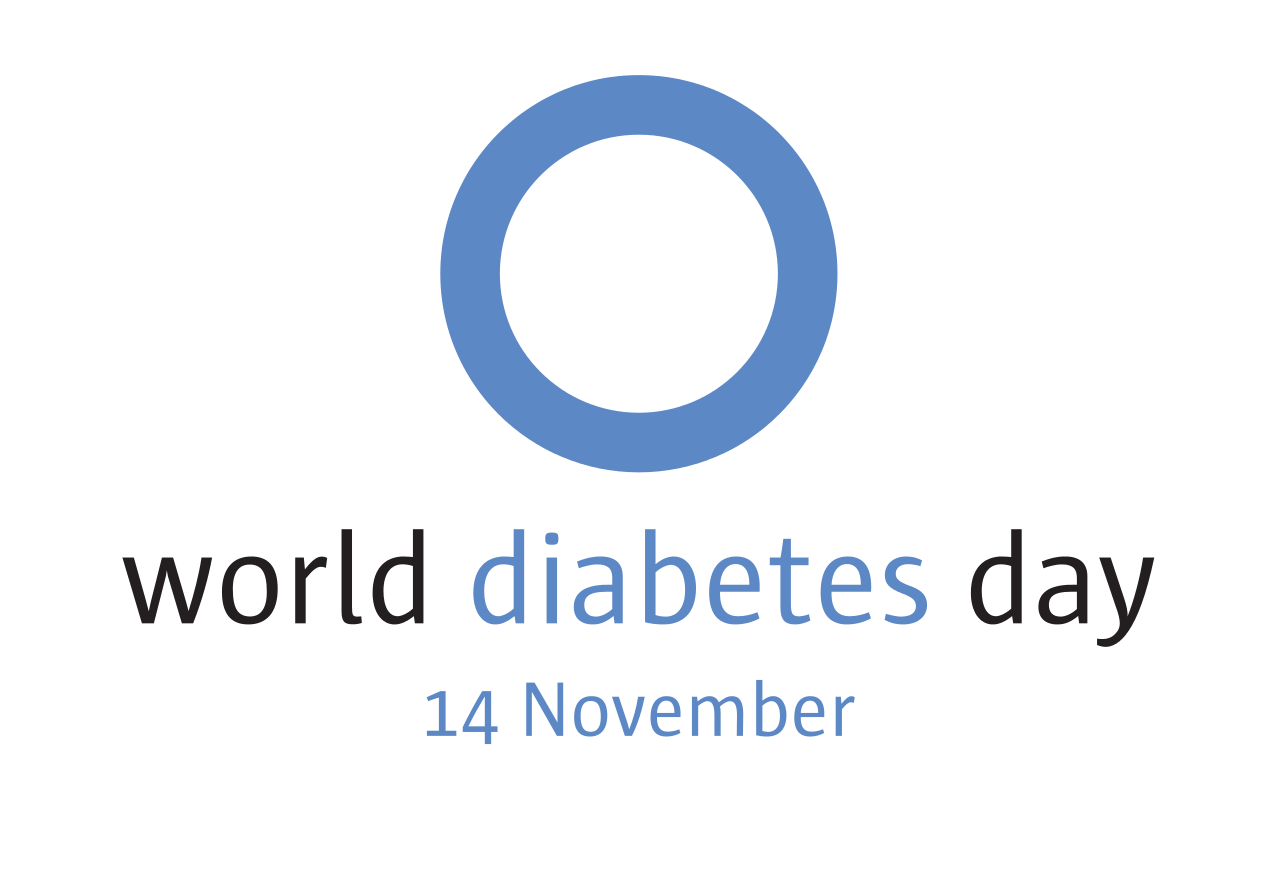In observance of World Diabetes Day, the Caribbean Public Health Agency (CARPHA) has issued a compelling appeal to governments, healthcare providers, civil society organizations, workplaces, and individuals across the region to rally behind the global theme, ‘Diabetes and Wellbeing.’ This initiative underscores the campaign’s focus on addressing diabetes in the workplace, curbing its rising prevalence, and mitigating its life-altering complications that affect thousands in the Caribbean. Diabetes, a chronic condition resulting from insufficient insulin production or ineffective insulin use, can lead to severe health issues such as nerve damage, cardiovascular diseases, kidney failure, blindness, and lower-limb amputations if not properly managed. Globally, diabetes remains a critical health threat, with 1.6 million deaths attributed to it in 2021, nearly half of which occurred before the age of 70. High blood glucose levels also accounted for 11% of cardiovascular deaths. The prevalence of diabetes has doubled since 1990, with 14% of adults living with the condition in 2022. In the Caribbean, diabetes is a significant public health challenge, with the highest prevalence in the Americas at 11.9%. Risk factors such as obesity (23.2%), physical inactivity (31%), and unhealthy diets are also alarmingly high. Dr. Lisa Indar, Executive Director of CARPHA, highlighted the agency’s efforts to combat diabetes through capacity-building initiatives. Over 100 healthcare providers and civil society representatives across five member states have been trained using CARPHA’s Guidelines for the Management of Diabetes in Primary Care in the Caribbean, adding to the 17 member states trained from 2021 to 2022. CARPHA is also set to relaunch an online, on-demand version of this training via a Moodle Learning Management System to enhance accessibility. CARPHA emphasizes that many risk factors for type 2 diabetes are preventable through healthy diets, regular physical activity, maintaining a healthy weight, avoiding tobacco, and limiting alcohol. For those living with diabetes, proper treatment, lifestyle changes, and regular screenings can prevent or delay complications. CARPHA urges member states and partners to expand access to free or affordable diabetes risk screenings, implement or update national diabetes guidelines, promote healthy environments, and engage communities and individuals in prevention and care. Self-management, including monitoring blood glucose levels, adhering to medication, and maintaining a healthy lifestyle, is crucial for individuals with diabetes. World Diabetes Day, the largest diabetes awareness campaign globally, unites individuals, healthcare professionals, advocates, policymakers, and the public to raise awareness and take action against diabetes, reaching over 160 countries.
